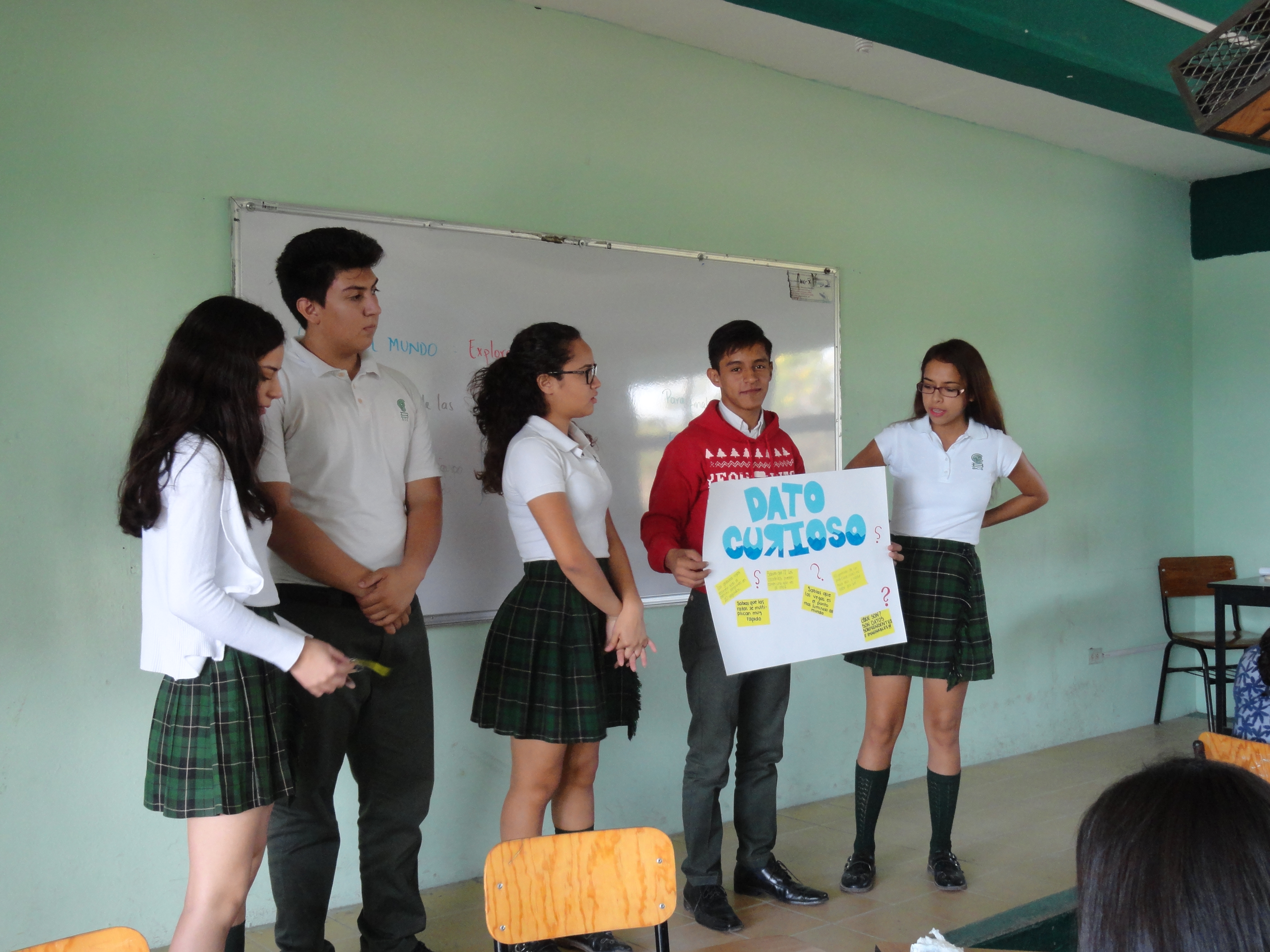

Public Education in Mexico: guaranteed, but not free of cost
In the United States, Mexico and many countries in the world, access to education is considered an inherent right of every child. In many of these countries the government funds and operates public schools to offer a free education to every child, regardless of race, socioeconomic status, or any other demographic. Under the provisions of the 1993 General Education Law in Mexico, the Federal Government continues to oversee the general implementation of education, but the states are given complete responsibility for administrating basic education. While there is no tuition in primary or junior high school (kindergarten through the U.S. equivalent of 9th grade) at a state-administered public school, students’ families are required to provide uniforms, school supplies, transportation, and occasionally textbooks for their children to attend school. For a low-income family, these costs can become prohibitively expensive, particularly if they have more than one school-age child.
Meanwhile, in many states in Mexico, federally-certified but independently operated high schools (preparatorias) are often the only option for continuing an education beyond junior high school. While the federal government eventually intends to roll-out public high schools across the country, in states like Baja California Sur, independent general education and technical schools are currently the only option. These schools are overseen and certified by the Secretariat of Public Education (SEP), but charge a nominal tuition in addition to requiring students to cover the costs of their school supplies and relevant resources. For example, in a technical hospitality school, students might be expected to bring the ingredients that will be used in their cooking classes.
Again, for a low-income family, these expenses can be prohibitive and require a strong conviction that continuing their education will help to advance their future opportunities in life. This connection between education and employability is another challenge, and can be a tough sell when there is a financial investment required, not to mention the opportunity cost to the family of their young adult not working to help provide for the family.
Meanwhile, a 2013 study comparing the education rankings of 34 members of the Organization for Economic Co-operation and Development (OECD) and 10 other non-OECD states reported that Mexico ranked first in high school dropouts for youth aged 15 to 18 and last in expected graduation of university students pursuing bachelor’s degrees; it also ranked third in minors who neither study nor work, at 28% of all youth between 17-28 years of age.
As a result of these abysmal statistics, hundreds of nonprofit organizations and generous individuals have stepped in to help meet the needs of thousands of young adults in Mexico who wished to continue their education. In Baja California Sur, organizations such as Liga MAC in Los Cabos, the East Cape Guild in Los Barriles, the Palapa Society of Todos Santos, and FANLAP in La Paz offer scholarships to students whose families do not have the economic means to provide the relatively low-cost of school tuition, uniforms, school supplies and transportation (which often amounts to more than the tuition) for their children. Each of these organizations works directly with the local schools to carefully vet their students and families and offer other programs and resources to ensure their success. They are all committed to one common goal: that no child is denied the right to education simply because they can’t afford pencils and notebooks or the proper uniform shirt.
To learn more about the local organizations working to improve educational outcomes in Baja California Sur, look for the Baja California Sur Giving Guide or contact Eliza Brennan.
Join Our Mailing List
Stay Connected with ICF
Be the first to get exclusive updates on
what ICF is doing to make a difference!
